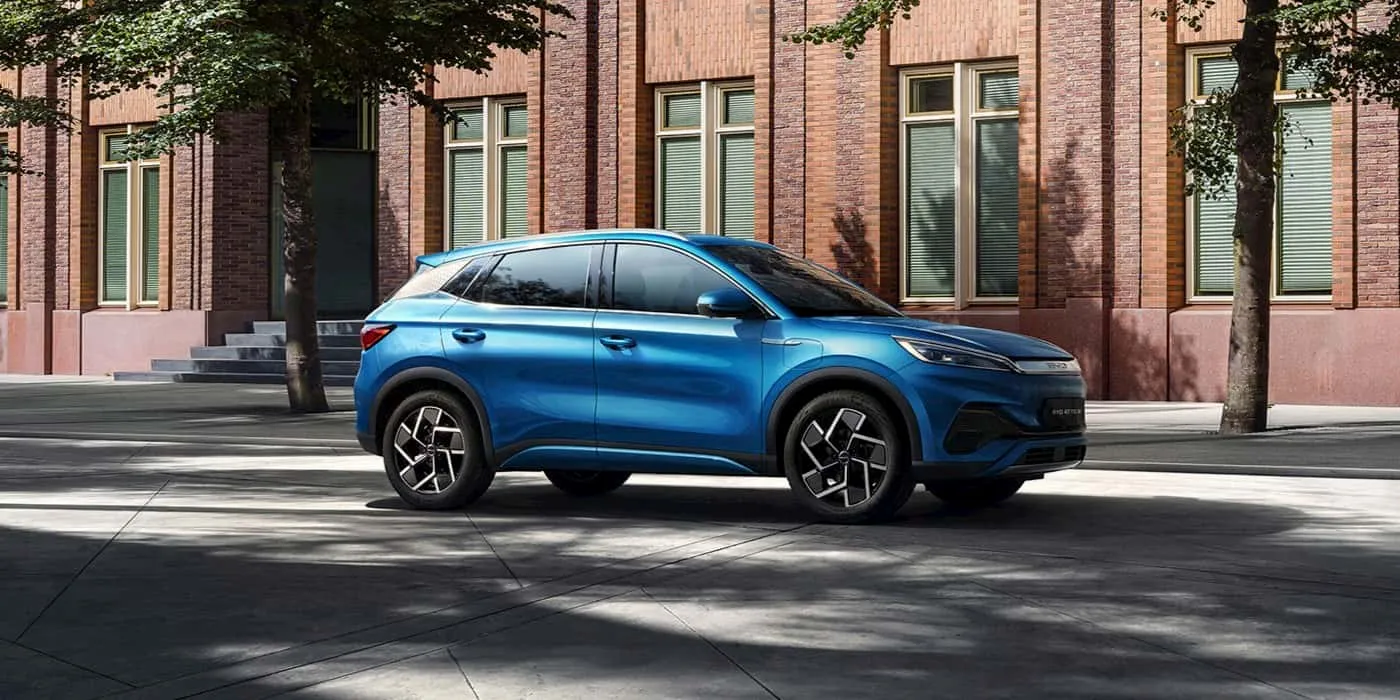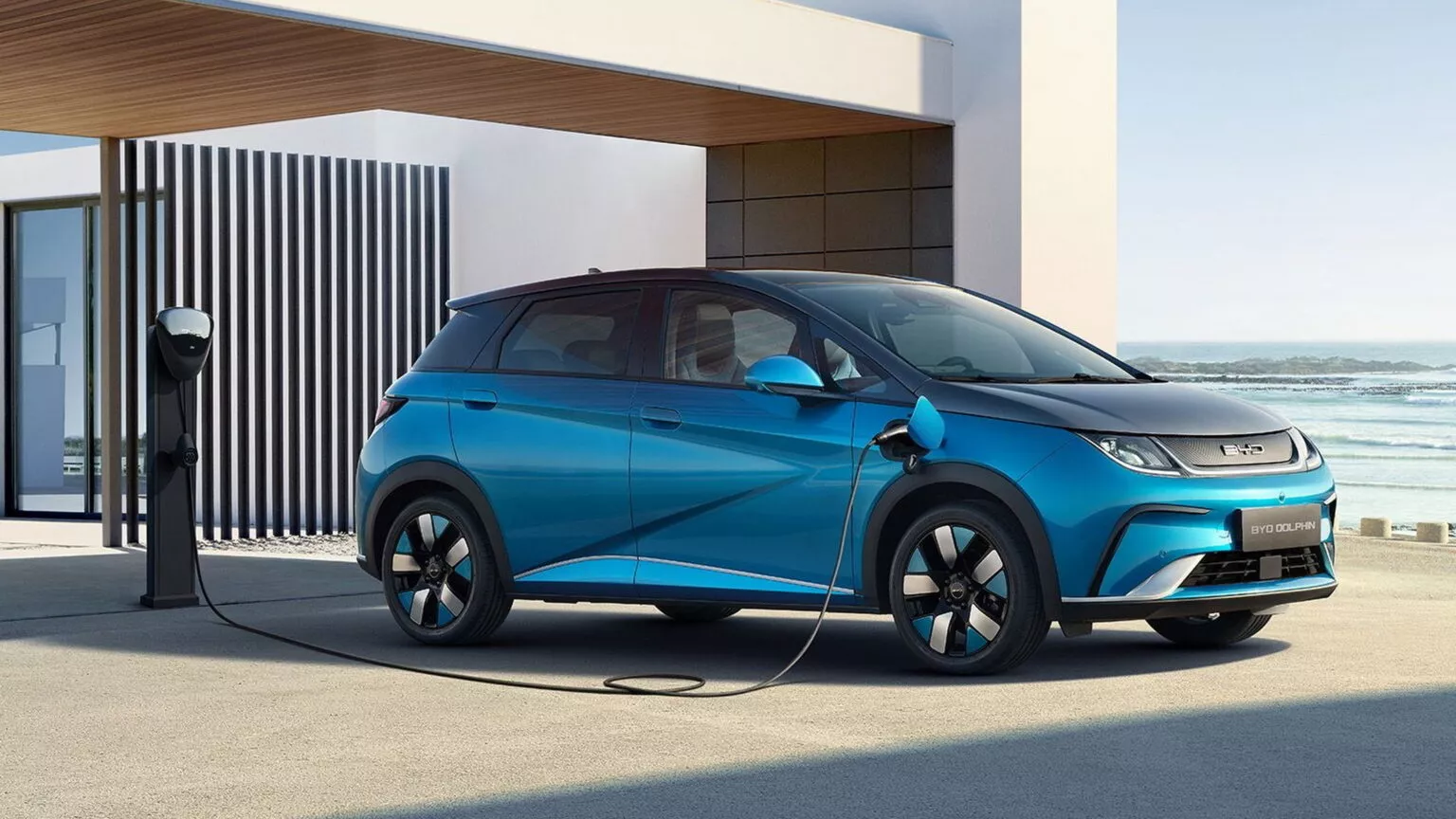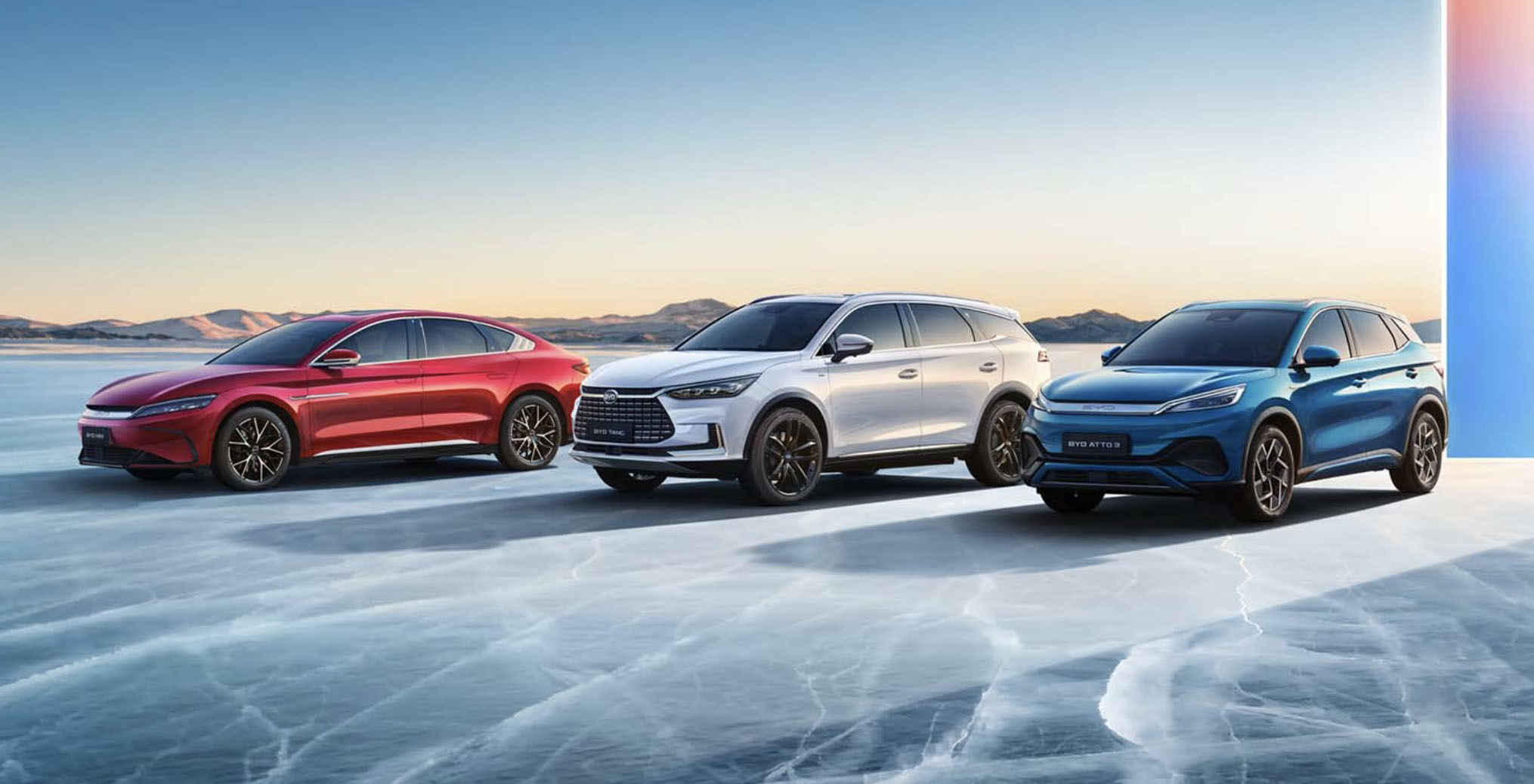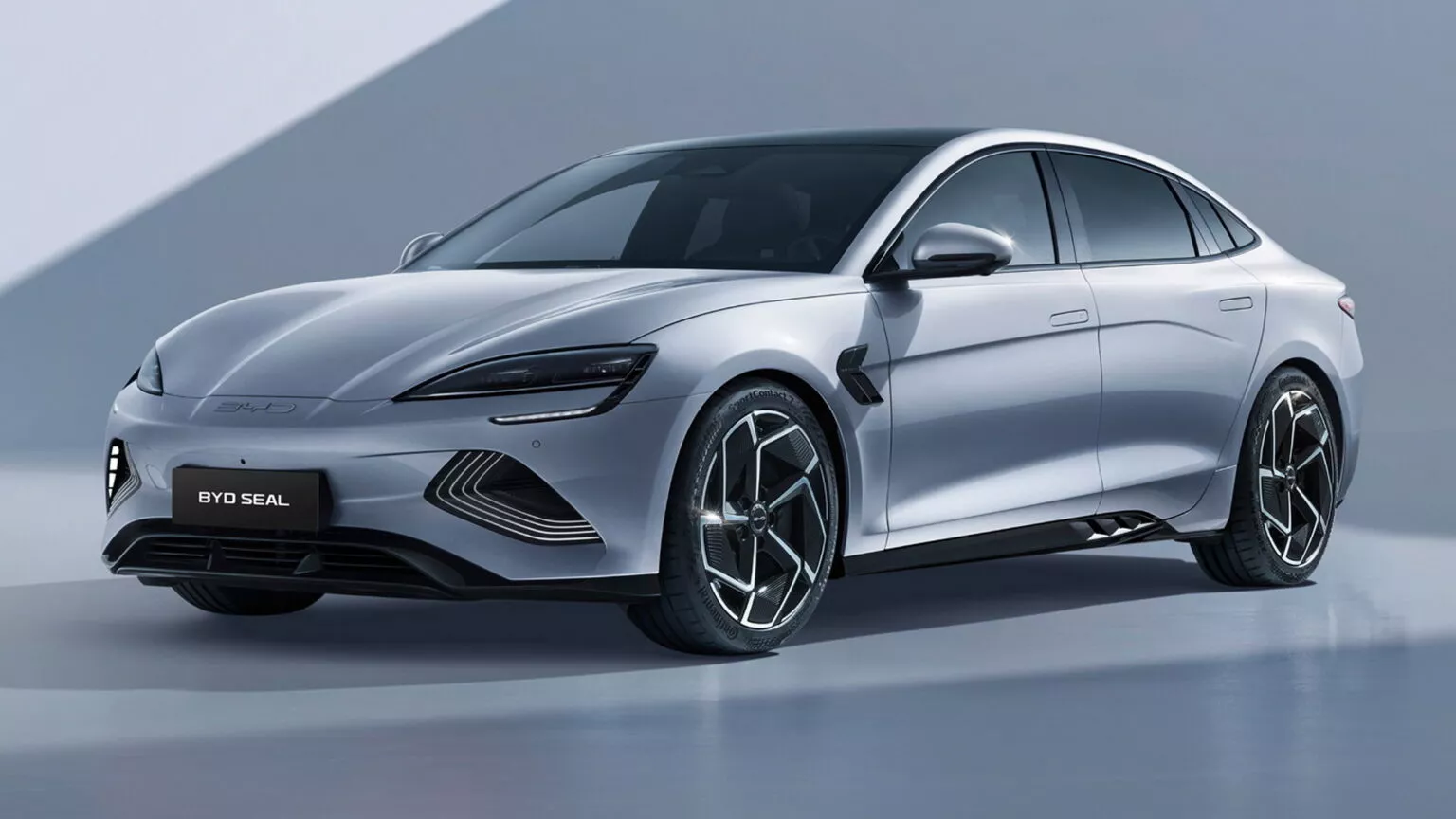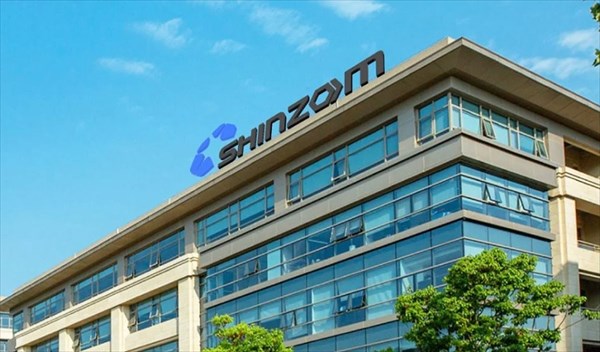Commerce Secretary Gina Raimondo has emphasized the seriousness of the Biden administration’s investigation into the security threat posed by Chinese connected vehicles, stating that a ban on these cars in the United States is a real possibility. Raimondo highlighted that such extreme action could be taken if the probe, initiated in February, concludes that Chinese connected vehicles pose a national security risk. She also mentioned the potential for allowing Chinese cars into the U.S. market but with restrictions in place.
However, Raimondo noted that there is still much evaluation and analysis to be done before a decision is made regarding Chinese automakers’ access to the American market. She stated to Reuters, “We have to digest all the data and then figure out what action that we want to take.” The timeline for completing the probe was not disclosed.
Regarding potential mitigation measures, Raimondo did not provide specifics. Notably, Tesla recently gained approval for its vehicles to access previously restricted areas in China after proving to a top auto association that they did not pose a security risk.
In response to Raimondo’s comments, a Chinese industry expert criticized the potential ban or restriction as politicizing the auto industry, suggesting it would distort fair competition. China’s Foreign Ministry spokesperson Lin Jian argued that such actions would weaken supply chains and ultimately harm the United States.
While brands like BYD and Nio are not currently available in the U.S. market, Volvo, owned by Geely, plans to introduce its EX30 SUV, manufactured in China, in North America this summer. Additionally, Polestar’s 2 sedan, another Chinese-made vehicle, is already being sold. To bypass tariffs on vehicles imported from China, Volvo utilizes credits earned by exporting cars produced at U.S. plants.

